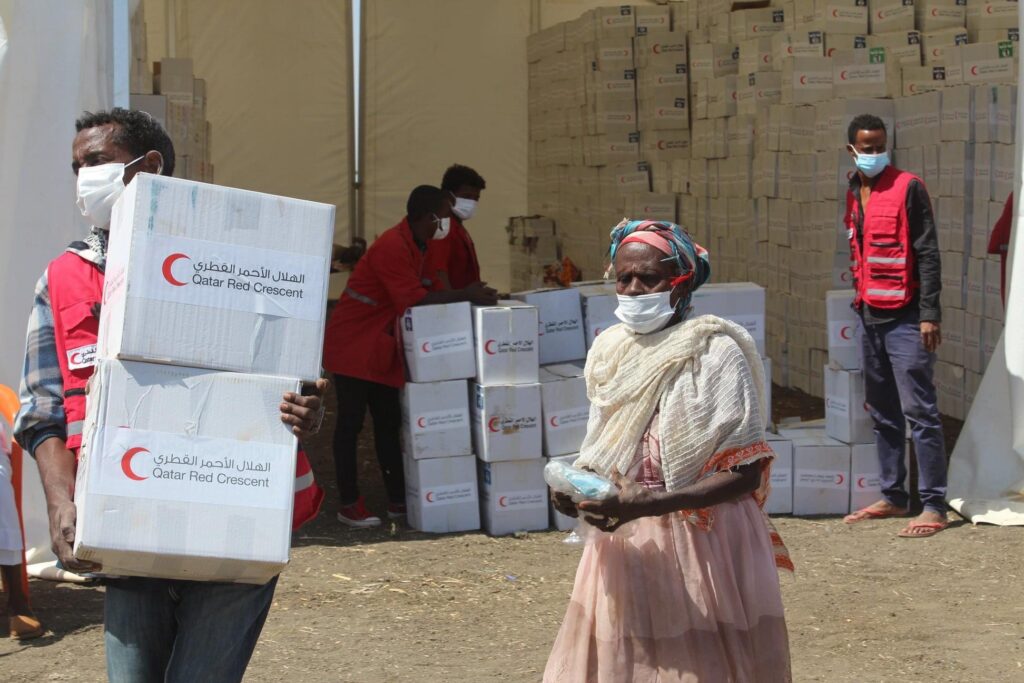Policy Paper: Loss & Damage
This paper is a contribution by the Danish Red Cross and CARE Denmark to the ongoing discussions on the climate change driven losses and damages. It aims to deepen the understanding of economic and non-economic loss and damage, the way it is experienced by people and communities, and the approaches adopted by the international and […]
Policy Paper: Loss & Damage Read More »



